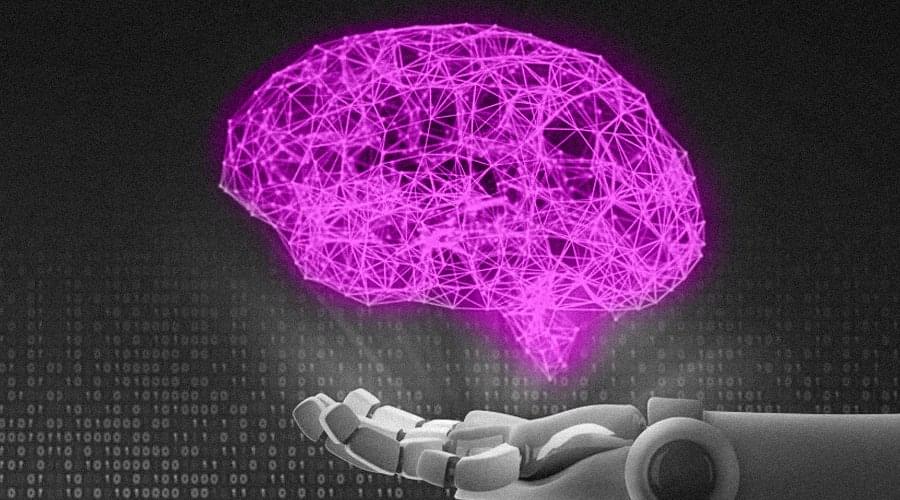At GDC 2022 this week, VR glove creator Manus revealed its new Quantum Metagloves which the company says delivers significantly more accurate finger tracking than its prior solutions. Though priced for enterprise use, the company says it one day hopes to deliver the tech to consumers.
Manus has been building motion gloves for use in real-time VR and motion capture for years now, with prior offerings being based on IMU and flex-sensor tracking.
The company’s latest product, the Quantum Metagloves, moves to a new magnetic tracking approach which purportedly offers significantly more accurate finger tracking, especially when it comes to self-contact (ie: fingers touching other fingers or the palm of the hand).







